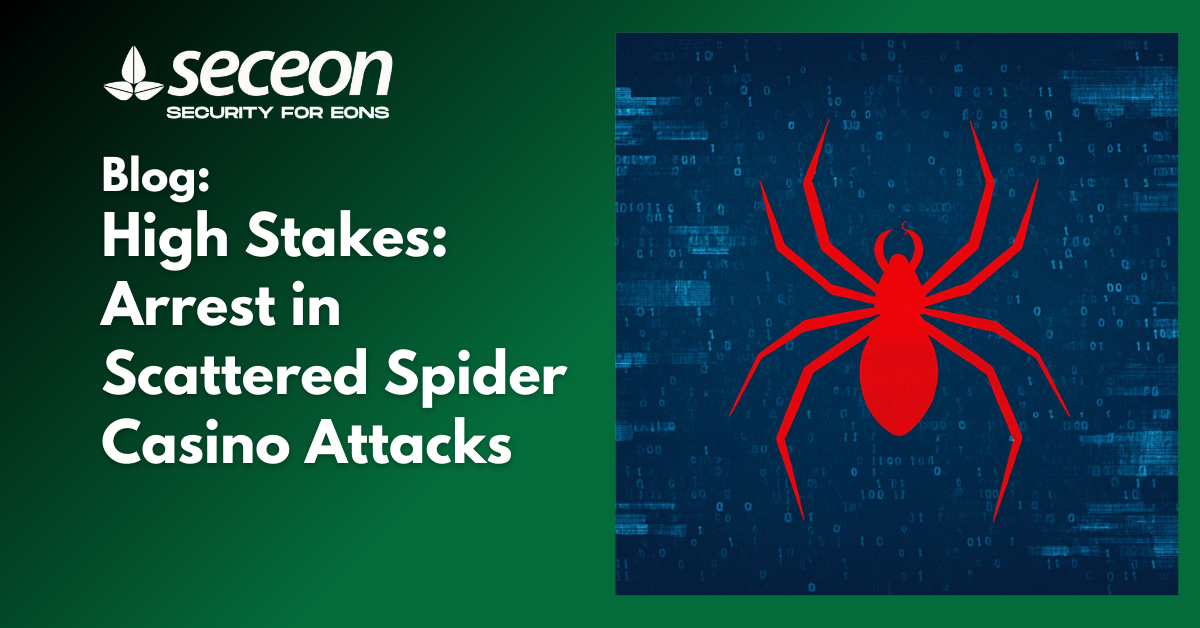
The cybersecurity world is once again reminded that the human element remains the weakest link. Authorities have arrested a teenager believed to be connected to the Scattered Spider hacking group, a collective that orchestrated some of the most disruptive cyberattacks in recent memory. Their targets included well-known names such as MGM Resorts and Caesars Entertainment, where a single breach led to widespread outages, business disruption, and financial losses estimated in the hundreds of millions.
Scattered Spider became notorious for using social engineering and impersonation to infiltrate high-value organizations. In the case of the casino giants, attackers gained access by impersonating employees and tricking help desks into resetting credentials. What began as a simple call or phishing attempt escalated into compromised systems that disrupted hotel operations, slot machines, reservations, and even communication platforms.
The recent arrest demonstrates that law enforcement is actively pursuing those behind these attacks. Yet it also highlights a sobering reality: such breaches are often made possible through methods that bypass traditional defenses and exploit trust.
The Scattered Spider campaign is a case study in how cybercriminals can combine low-cost tactics with high-impact results. Key lessons emerge:
Stopping groups like Scattered Spider requires organizations to rethink security strategies. The following approaches are essential:
At Seceon, we build resilience against exactly these types of attacks. Our unified platform combines behavioral analytics, phishing protection, Zero Trust enforcement, and SOAR capabilities to proactively detect and block malicious activity.
Instead of relying on after-the-fact investigations, Seceon enables organizations to see threats in real time, stop social engineering tactics from escalating, and automate the response process. Whether it is an opportunistic breach attempt or a well-coordinated campaign by a group like Scattered Spider, Seceon helps ensure organizations remain protected, operational, and prepared for the next wave of threats.
